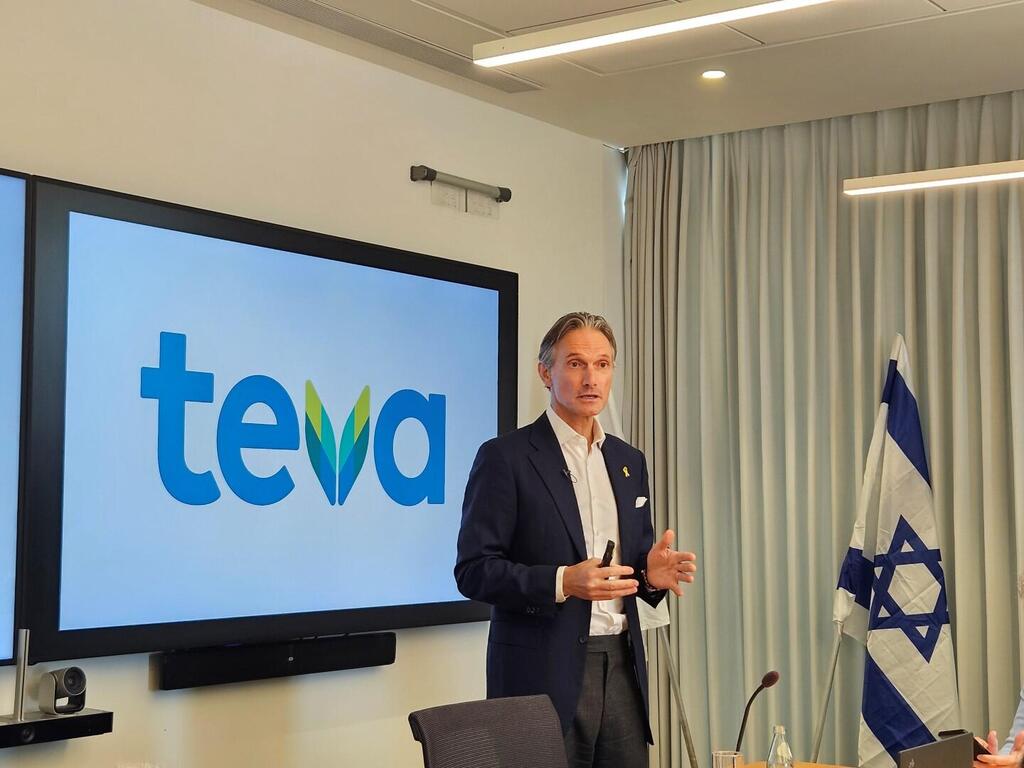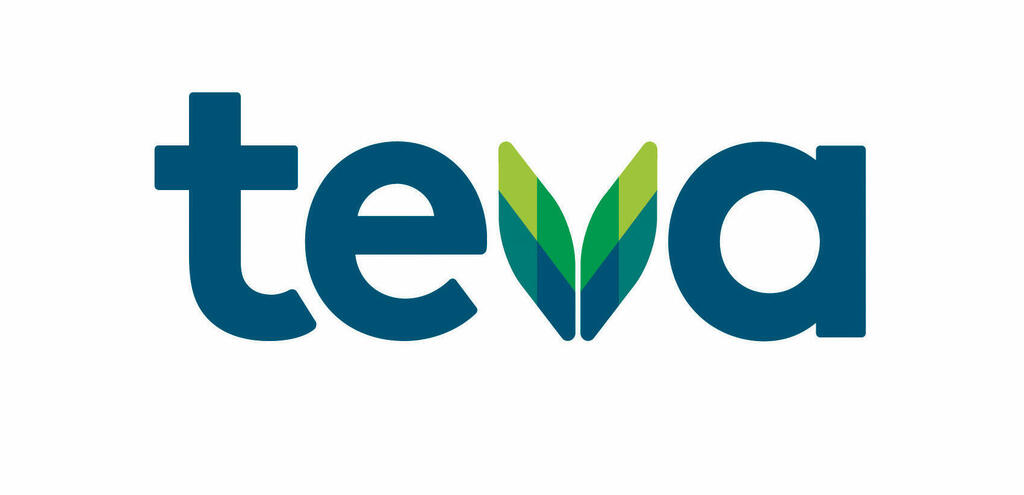Teva reported stronger-than-expected results for the second quarter of 2024, ending the quarter with revenues of $4.2 billion and earnings of 61 cents per share. This surpassed forecasts, which had predicted revenues of $4.05 billion and earnings of 55 cents per share.
Due to this positive performance, the pharmaceutical company has raised its annual revenue forecast to $16 billion - $16.4 billion, largely driven by the strong performance of the drug Austedo, which is now expected to generate higher-than-anticipated revenues of $1.6 billion. The annual net profit is projected to be between $2.3 billion-$2.5 billion.
Teva's second-quarter revenues reflect a 7% increase compared to the corresponding quarter, and in local currency terms, it achieved double-digit growth of 11% for the first time in a long while. Austedo, Teva's leading drug for treating tardive dyskinesia, grew by 32% and generated revenues of $407 million, leading to an upward revision of its annual sales forecast by $100 million. Ajovy, another generic Teva drug designed to prevent migraine attacks, also showed improvement with a 12% increase in sales to $115 million.
Following the surprising growth in the generics sector that Teva presented in the first quarter of the year, the company continued this trend with a 16% increase in revenues in the U.S., an 8% increase in Europe, and a sharp 22% increase in the rest of the world. On the financial side, Teva reported free cash flow of $324 million and cash flow from operations of $103 million.
Teva increased marketing expenses by 9% in line with CEO Richard Francis' strategy to shift toward growth. Meanwhile, the company's general and administrative expenses decreased by 8%, mainly due to reduced legal costs following the resolution of several major cases, including the long-standing opioid litigation in the U.S.
In the second quarter, Teva acknowledged a tax expense of $630 million following the settlement with the Israel Tax Authority, which was announced last month. According to the settlement, Teva will pay $750 million, or about NIS 3 billion, for tax assessments from the period between 2008 and 2020. Although this amount seems high, it is actually a third of the state's original demand from the pharmaceutical company. Of the total $750 million, $500 million is a tax on retained earnings resulting from Teva's status as an approved enterprise under the Encouragement of Capital Investments Law, and $250 million relates to a dispute over allowable expenses. Teva notes that its tax rate for the entire year of 2024 will also be higher than the 13% it paid last year, now expected to reach 14%-17%, due to reduced tax benefits resulting from changes in the registration of intellectual property.
Richard Francis, Teva's president and CEO, said: "In the second quarter of 2024, we are encouraged by the positive momentum across each of the four pillars of our Pivot to Growth strategy. Teva's global revenues of $4.2 billion increased by 7% in U.S. dollars, or 11% in local currency terms compared to the second quarter of 2023, delivering strong growth driven mainly by our generics and innovative business, with AUSTEDO growing 32% in the U.S. compared to Q2 2023.
"We are also showing significant progress in on our late-stage innovative pipeline, underscored by the acceleration of the development timeline of duvakitug (Anti-TL1A), with top-line results now expected in the fourth quarter of 2024, and full data expected next year.
"With these robust results, we are raising our financial guidance for 2024," he said.
First published: 15:23, 08.01.24



